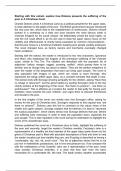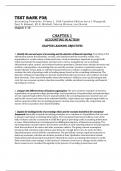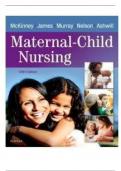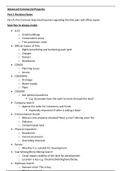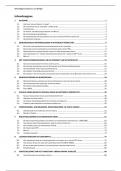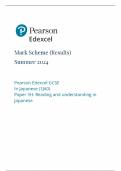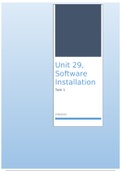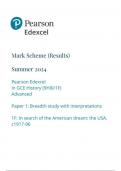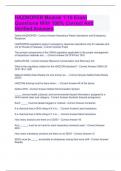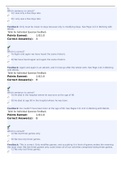Starting with this extract, explore how Dickens presents the suffering of the
poor in A Christmas Carol.
Charles Dickens wrote A Christmas Carol as a political pamphlet for the upper class,
to draw attention to the plight of the poor. The British government had just introduced
the new poor law, which lead to the establishment of workhouses. Dickens himself
worked in a workshop as a child and soon became the most famous writer in
Victorian England for his social critique. He deliberately priced the book highly, so
only the rich could afford it, as his aim was to draw the upper class’s focus on the
visibility and effectiveness of charity being swamped by common misconceptions -
that the poor house is a functional institution keeping poor people usefully employed.
The novel changed lives, as factory owners and merchants eventually changed
harsh conditions.
Starting with the extract, the reader is introduced to two new characters, Ignorance
and Want, who emphasize the tragedy of the premature suffering of the Victorian
youth, similar to Tiny Tim. The children are described with the asyndetic list of
adjectives “yellow, meagre, ragged, scowling, wolfish”, which portray them to be
devilish and as though they are about to attack. They are the perfect metaphors to
warn the reader of the desperation that want can bring upon people. The novel is
also populated with images of age, which are meant to taunt Scrooge, who
represents the stingy selfish upper class, as a constant reminder that death is near.
The extract ends with Scrooge showing sympathy for the children, asking “Have they
no refuge or resource?”, but the ghost replies by quoting Scrooge’s lines to the two
charity workers at the beginning of the novel, “Are there no prisons?... Are there no
workhouses?” This is effective as it evokes the reader to feel guilty for having such
heartless views towards the poor children, and urges them to educate themselves
and donate to the poor.
In the first chapter of the novel, two charity men visit Scrooge’s office, asking for
money for the poor at Christmas time. Scrooge’s response to this request was “are
there no prisons?”. Dickens uses this line to comment on the unjust views of the
middle and upper classes. Scrooge explains that he believes it is best to “decrease
the surplus population”, which clearly shows how Scrooge believes that war, famine
and suffering were necessary in order to keep the population down, especially the
poor people. This is later repeated in the novel during his redemption to highlight the
errors of his misanthropic ways.
Dickens published the novel as a Christmas story to firstly, highlight the suffering of
the poor and secondly, target the reader’s Christian morality. Fezziwig’s (who is a
representative of a wealthy but kind member of the upper class) party shown by the
ghost of Christmas past is filled with abundant descriptions of food and drink to help
the reader visualise just how wealthy they are, and Fezziwig is described as having a
“comfortable, oily, rich, fat, jovial voice”. This list of adjectives shows that he is not
just rich in materialistic possessions, but in love and pleasure too. If we compare this
with the celebrations of the Cratchits’ (who are a representative of the poor, lower
class society) Christmas festivities, it is clear that they lack even the basic
necessities for a comfortable life, like heat. The bleak wintery weather exacerbates

